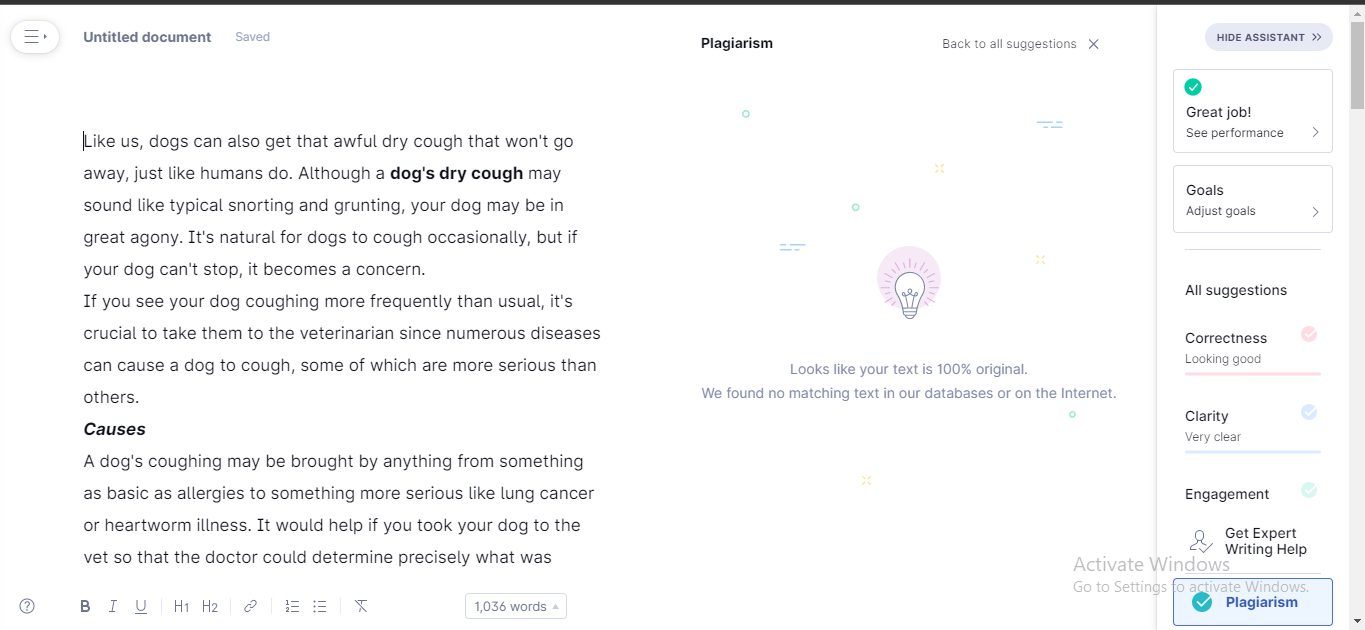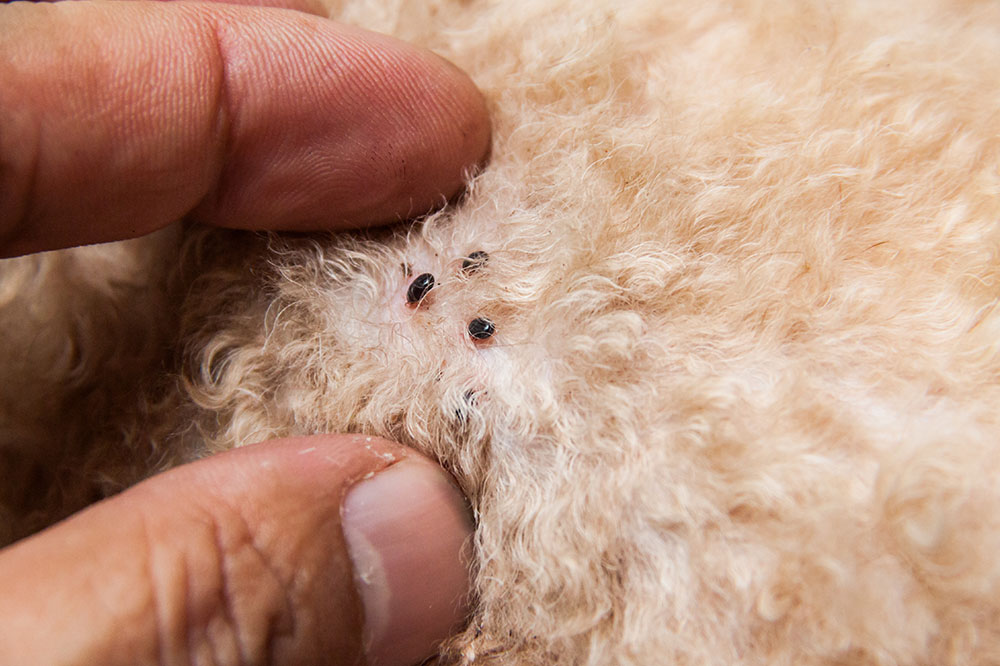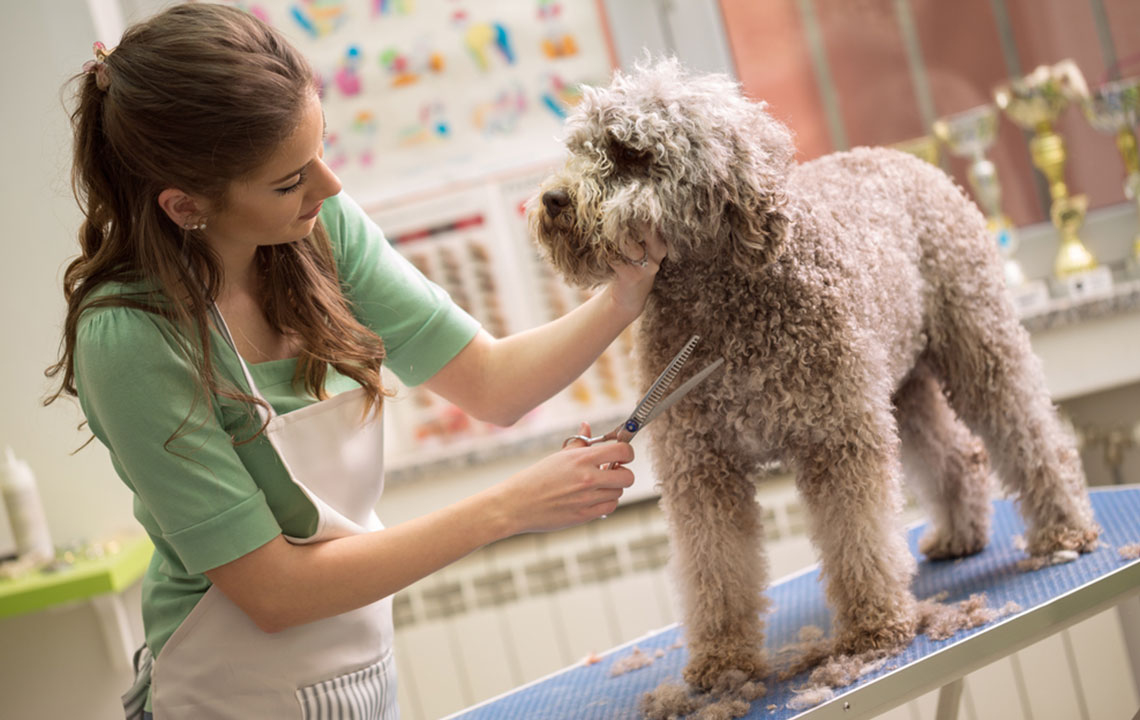Understanding and Addressing Dry Cough in Dogs
This article explores common causes of dry coughs in dogs and offers effective remedies, both medical and natural. It emphasizes the importance of veterinary consultation for proper diagnosis and treatment. Natural options like honey and herbal supplements can provide relief and support recovery, while preventive vaccines help reduce risks of respiratory illnesses. Recognizing symptoms early ensures timely intervention, helping your dog maintain optimal health and comfort.
Understanding and Addressing Dry Cough in Dogs
Just like humans, dogs can suffer from persistent dry coughs that refuse to subside. While occasional coughing may be normal, a continuous dry cough can indicate underlying health issues and should not be ignored. If your dog is coughing more than usual, it’s essential to consult a veterinarian promptly to determine the cause and appropriate treatment. Recognizing the triggers of a dry cough can help in taking timely actions to ensure your pet's well-being.
Common Causes of Dry Cough in Dogs
Several factors can contribute to a dog’s persistent dry cough, ranging from minor allergies to severe conditions like respiratory infections or heart disease.

It’s important to have a veterinarian evaluate your dog to identify the exact cause of the cough. Below are key reasons why your dog might be coughing:
Bacterial and viral infections
Dogs may develop a dry cough due to infections such as kennel cough, which is highly contagious. This condition spreads through airborne droplets, contact with infected surfaces, or close proximity to other dogs.
Foreign objects in the airway
Accidental ingestion of toys, food, or other debris can obstruct your dog’s airway, leading to coughing. Additional symptoms include drooling, pacing, pawing at the mouth, or difficulty breathing. Immediate veterinary attention is necessary if your dog is choking or exhibits severe distress.
Allergic reactions
Environmental allergens like dust, pollen, or smoke can cause airway irritation resulting in a dry cough. Allergic dogs may also experience sneezing, itching, skin irritations, vomiting, or diarrhea.
Tracheal collapse and irritation
This condition involves weakening of the trachea, particularly in small or older breeds, causing airway obstruction and chronic coughing.
Heartworm disease
A parasitic infection transmitted by mosquitoes, heartworm disease can be life-threatening if untreated, often presenting with coughing among other symptoms.
Treatment options for canine dry cough
The optimal treatment depends on the underlying cause. Veterinarians may recommend cough suppressants, antibiotics, or anti-inflammatory medications. Mild cases might benefit from natural remedies or supportive care at home.
Natural remedies to soothe your dog’s cough
Several natural remedies can alleviate cough symptoms. Popular options include:
Honey and coconut oil
Honey is known for its antimicrobial properties and can help soothe a sore throat. Give half a teaspoon to small or medium dogs and up to a teaspoon to larger breeds, up to four times daily. Coconut oil, administered at one teaspoon per 10 pounds of body weight, can also support immune health, unless your dog has digestive issues.
Wild cherry bark syrup
This natural supplement combines honey, apple cider vinegar, cherry bark, and herbal extracts, offering relief from respiratory irritation.
Tossa K
This supplement contains ingredients like mustard seed, black seed, olive leaf, and pau d’arco, known for their antimicrobial and immune-boosting properties. Administer four times daily in half-teaspoon doses to support respiratory health.
Effectiveness of Natural Cough Remedies
Honey’s natural antimicrobial effects help alleviate kennel cough symptoms, mainly providing relief and immune support rather than curing the illness. These natural options can reduce throat irritation and promote comfort.
Final thoughts
The duration of a cough varies depending on its cause and severity. Symptoms typically appear within five to ten days of exposure to infected animals, with most dogs recovering in two weeks. If symptoms persist beyond ten days or worsen, consult your veterinarian for further evaluation and treatment options, especially if breathing issues develop. Preventive measures like vaccinations can significantly reduce the risk of common canine respiratory infections. Vaccines are available in various forms and usually require booster shots biannually or annually.













